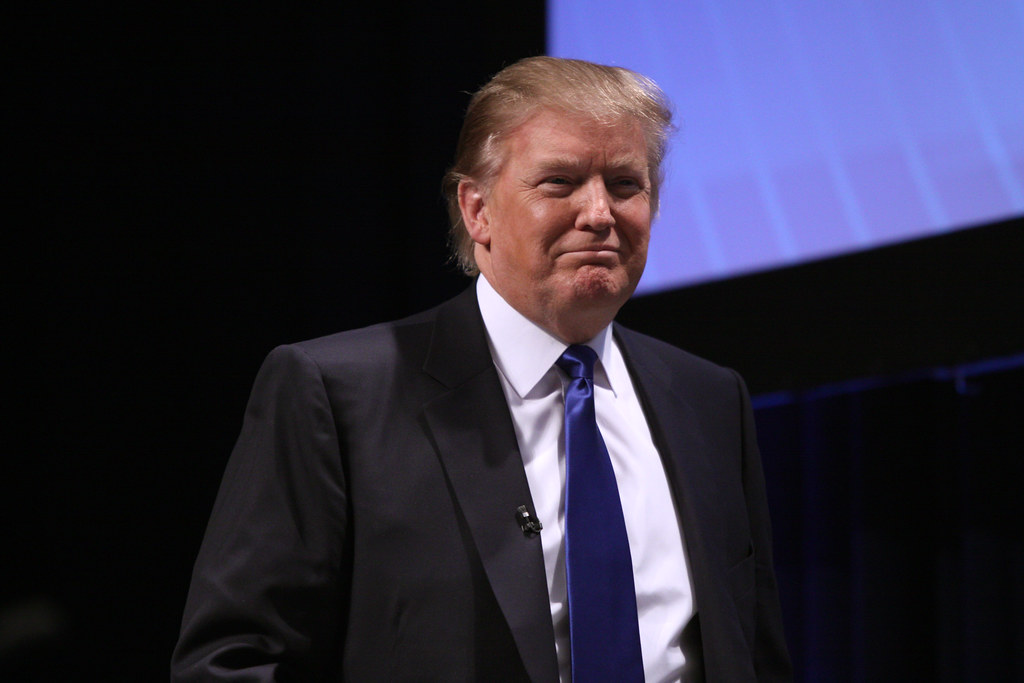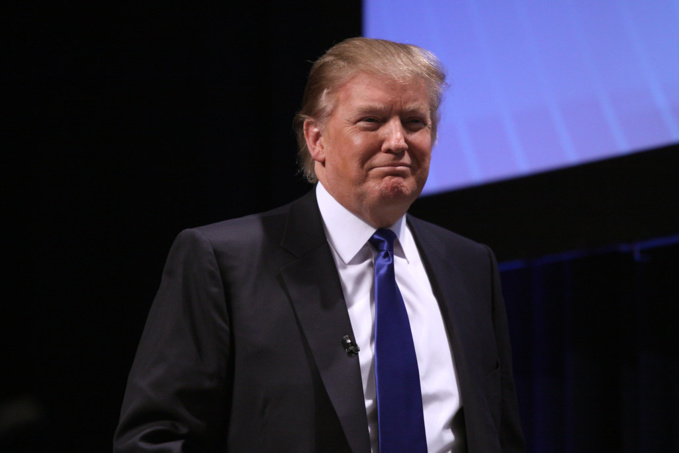The House of Representatives voted to impeach U.S. President Donald Trump because of "abuse of power". 230 people out of 435 members of the chamber voted for, and 197 - against. 229 people voted for impeachment on charges of "obstructing the US Congress", and 198 were against.
The charge of abuse of power is that Trump allegedly pressed on President of Ukraine Volodymyr Zelensky during a telephone conversation in July to pursue an anti-corruption investigation against former US Vice President Joe Biden and his son Hunter. Biden ran for the U.S. presidential election in 2020 and could be a Democratic candidate and rival to Trump. A week before the conversation between Trump and Zelensky, the United States delayed the provision of military assistance to Ukraine. Democrats believe that Trump used this, as well as the prospect of a personal meeting with Zelensky, for pressure.
The second charge of obstructing Congress is that Trump forbade his administration to participate in the hearing during the impeachment process. Trump denies all allegations. He calls the impeachment process a new witch hunt and an attempted coup. The White House published a transcript of the conversation between Trump and Zelensky, and then a transcript of the very first dialogue between the two presidents, which took place three months before July.
Now the issue of impeachment will have to be decided by the US Senate. The impeachment process is similar to a trial: the Senate will act as a jury, and the House of Representatives will act as a prosecution.
There are 100 people in the US Senate: 53 Republicans, 45 Democrats and two independents. The removal of Trump from office will require consent of all Democrats and independent senators, as well as support of at least 20 Republicans. The Senate is likely to address the issue in January.
Not a single US president was excommunicated during the impeachment process. Impeachment was announced to Andrew Johnson in 1868 and Bill Clinton in 1998, but the Senate sided with them. Richard Nixon resigned voluntarily until the end of the impeachment process.
Donald Trump has been President of the United States since January 2017. The loudest scandal during this time was the report of Special Prosecutor Robert Muller on the investigation of "Russian interference" in the 2016 US elections. The commission did not reveal signs of Trump's collusion with the Russian authorities, but considered that Russia interfered in the elections. The Russian authorities denied all allegations.
source: cnbc.com
The charge of abuse of power is that Trump allegedly pressed on President of Ukraine Volodymyr Zelensky during a telephone conversation in July to pursue an anti-corruption investigation against former US Vice President Joe Biden and his son Hunter. Biden ran for the U.S. presidential election in 2020 and could be a Democratic candidate and rival to Trump. A week before the conversation between Trump and Zelensky, the United States delayed the provision of military assistance to Ukraine. Democrats believe that Trump used this, as well as the prospect of a personal meeting with Zelensky, for pressure.
The second charge of obstructing Congress is that Trump forbade his administration to participate in the hearing during the impeachment process. Trump denies all allegations. He calls the impeachment process a new witch hunt and an attempted coup. The White House published a transcript of the conversation between Trump and Zelensky, and then a transcript of the very first dialogue between the two presidents, which took place three months before July.
Now the issue of impeachment will have to be decided by the US Senate. The impeachment process is similar to a trial: the Senate will act as a jury, and the House of Representatives will act as a prosecution.
There are 100 people in the US Senate: 53 Republicans, 45 Democrats and two independents. The removal of Trump from office will require consent of all Democrats and independent senators, as well as support of at least 20 Republicans. The Senate is likely to address the issue in January.
Not a single US president was excommunicated during the impeachment process. Impeachment was announced to Andrew Johnson in 1868 and Bill Clinton in 1998, but the Senate sided with them. Richard Nixon resigned voluntarily until the end of the impeachment process.
Donald Trump has been President of the United States since January 2017. The loudest scandal during this time was the report of Special Prosecutor Robert Muller on the investigation of "Russian interference" in the 2016 US elections. The commission did not reveal signs of Trump's collusion with the Russian authorities, but considered that Russia interfered in the elections. The Russian authorities denied all allegations.
source: cnbc.com



















